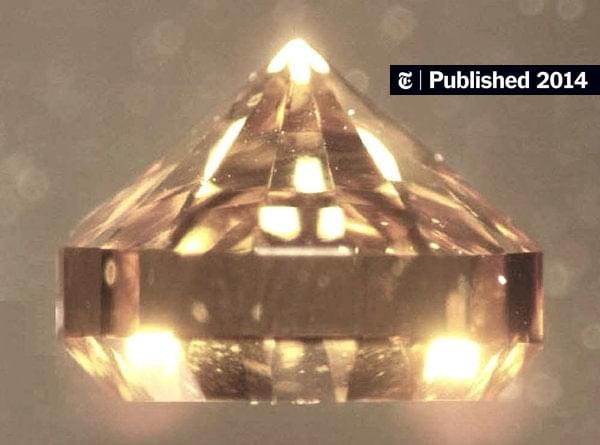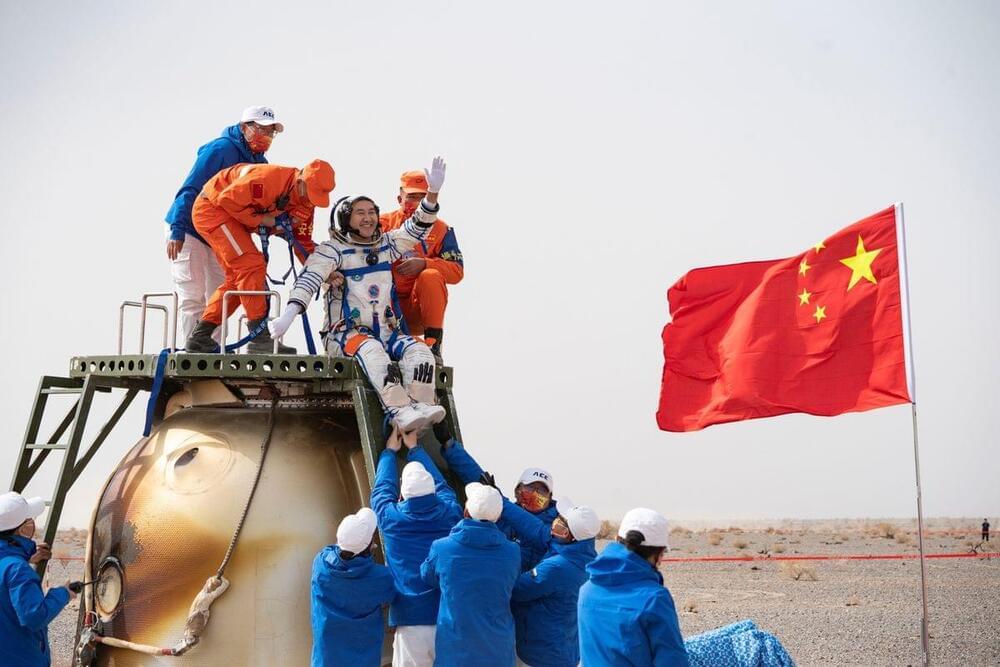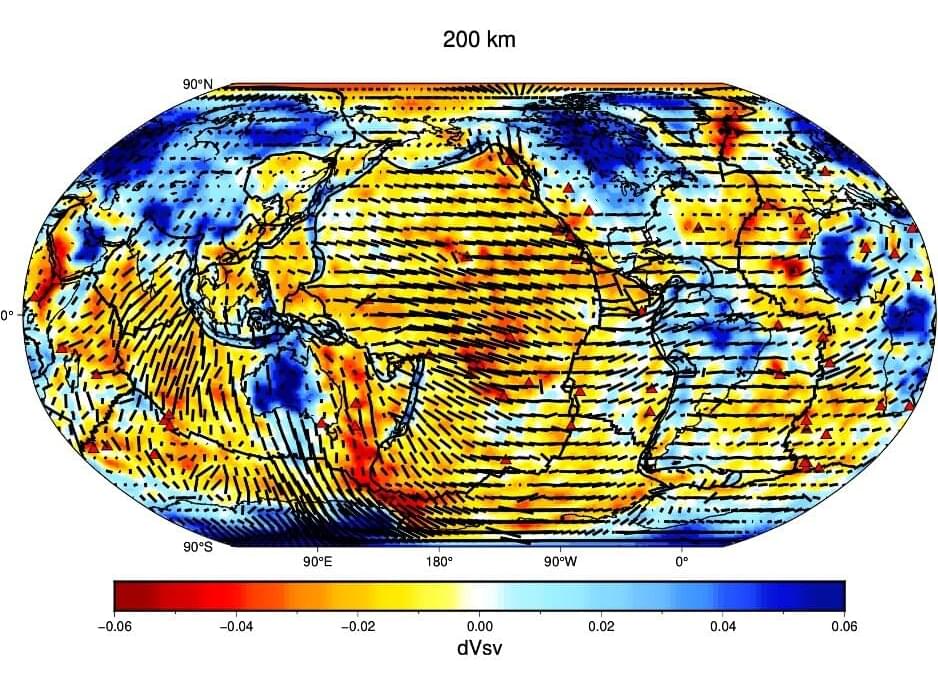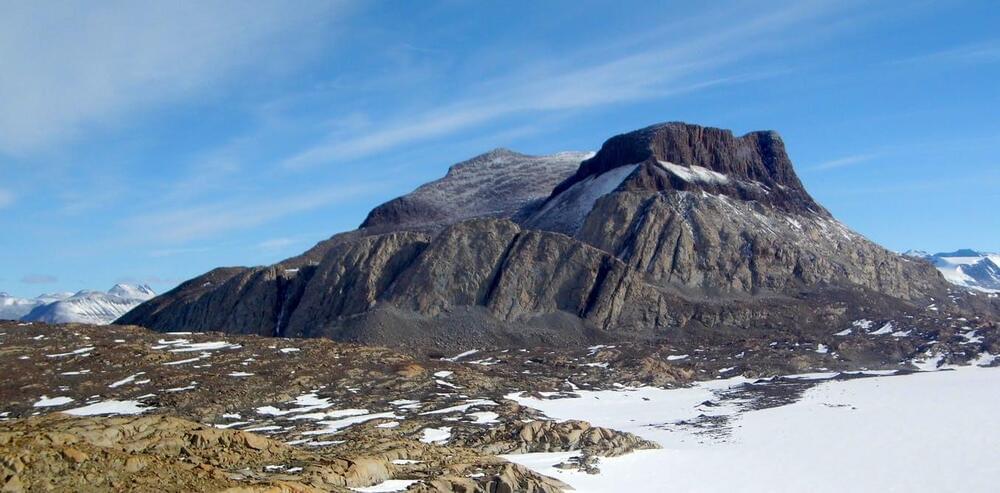
Circa 2014
As a seventh grader, I was lucky to land the job of ball boy for the Brooklyn Dodgers during their annual late-March exhibition games in Miami. The experience left me with fond memories — of Roy Campanella smoking a cigar as he stroked line drives in the batting cage, of a young Sandy Koufax throwing harder than seemed humanly possible and of an aging Jackie Robinson struggling to remain in the lineup.
Oddly, however, my most vivid memory is of the Dodgers’ longtime batboy as he sat in the locker room producing autographed baseballs. He’d twist his hand at odd angles as he scrawled replicas of the signatures of Duke Snider, Pee Wee Reese and other Dodger legends. To my untrained eye, the balls he inscribed were indistinguishable from those signed by the players themselves.
Handwriting experts probably could have identified his forgeries without difficulty, but technology has progressed considerably since then. In many domains, perhaps even including signed baseballs, it’s becoming possible to produce essentially perfect replicas of once rare and expensive things.








